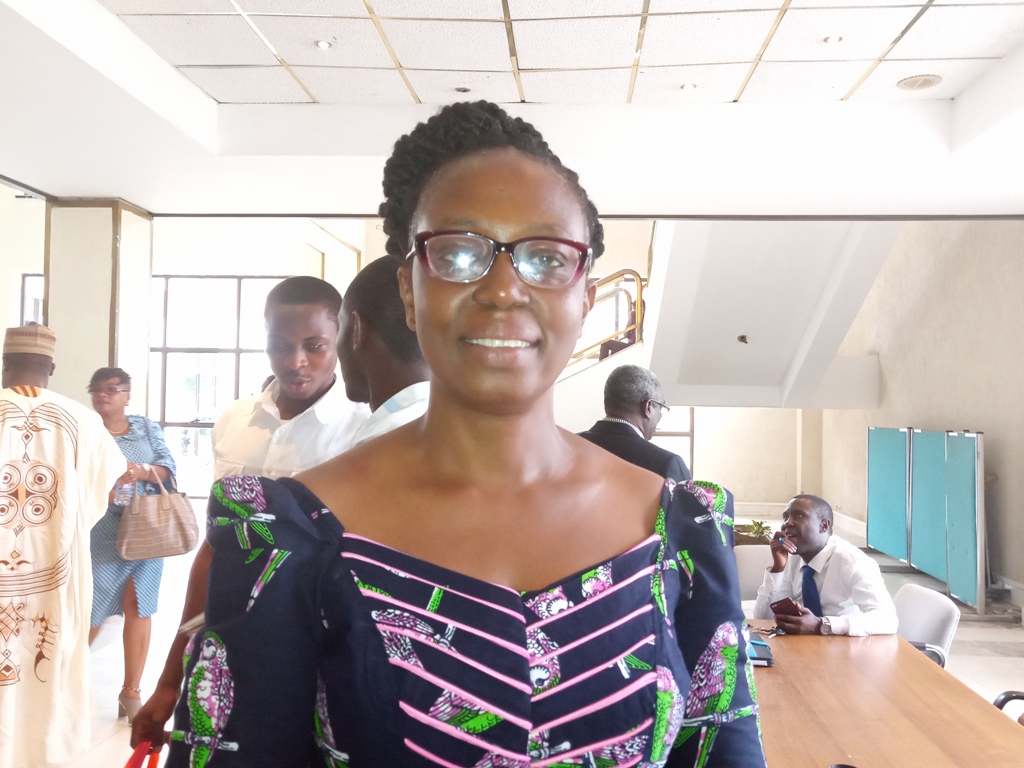CSOs Platform lauds government

Mrs Beauty Emefa Narteh, Co-Chair CSO Platform on Sustainable Development Goals (SDGs), has lauded government for taking the bold decision to undertake a voluntary national reporting to member states of the United Nations in 2019.
The review involves comprehensive assessment and stocktaking of the processes that Ghana had undertaken towards the successful implementation and achievement of the SDGs.
Mrs Narteh said in commending this effort, the CSOs had also initiated steps to publish a shadow report on progress of implementation from citizens’ perspective and for the purpose of complementarity, promote mutual accountability and shared responsibility in Ghana’s SDG implementation effort.
Mrs Narteh gave the commendation on Thursday at the launch of Ghana’s maiden SDGs Indicator Baseline Report in Accra.
The 121-page report, which was launched by Professor George Gyan-Baffour, Minister of Planning, sets the baseline for a selection of indicators that serves as the basis for monitoring and tracking of progress towards achieving the SDGs and the corresponding African Union’s Agenda 2063 targets.
It would be recalled that in September 2015, world leaders, adopted the 2030 Agenda for sustainable develop framework to the Millennium Development Goals (MDGs).
Since the inception of the SDGs, the Government had embarked on a number of strategic initiatives to ensure the effective implementation of the SDGs.
The SDGs have been consistent with Ghana’s development aspirations and about 70 per cent of the SDGs targets were reflected in policies and strategies of the just ended Medium-Term National Development Policy Framework (2014-2017), which preceded the 2030 Agenda.
Mrs Narteh said the CSO platform comprises over 200 members; stating that, in the development history of Ghana, CSOs’ partnership with government had taken different forms and shape.
“However, the institutional arrangement that has been put in place for the implementation of the SDGs has presented a unique opportunity that is currently deepening our partnership with government.”
She said evidence of this was amply demonstrated in the development of Ghana’s SDGs Indicator Baseline Report.
She said the report was one of the few national documents that had been jointly developed by government, CSOs and other relevant stakeholders.
She said they actively participated in the process to develop the national SDGs monitoring framework- a process that led to agreeing on indicators to be monitored and the selection of consultants to conduct the baseline survey, which included review of the proposals and terms of reference and the final selection of the qualified consultant for the assignment.
Mrs Narteh said they would also actively engage in public sensitisation and dissemination of the report; stating that, “this is indeed the dividend of the multi-stakeholder platform put in place to implement and monitor the implementation of the SDGs”.
“As members of civil society, we have a complementary role to play in monitoring progress in the implementation of the SDGs to ensure that Ghana does not leave anyone behind. By so doing we seek to promote mutual accountability in the implementation and reporting on the SDGs,” she added.
Mrs Narteh said: “We have a collective responsibility to account for our work in as much as we seek to demand accountability from government. We have a common understanding on this and we hope that we will all utilize our partnership to continue to work in the interest of Ghana.”
She pledged their support in ensuring that the baseline report would be widely disseminated and citizens sensitised on the key findings.
Mrs Narteh explained that this would form part of their awareness creation effort, and that, they look forward to working with all stakeholders to increase knowledge on the SDGs and promote effective and equitable implementation.
Source: GNA
